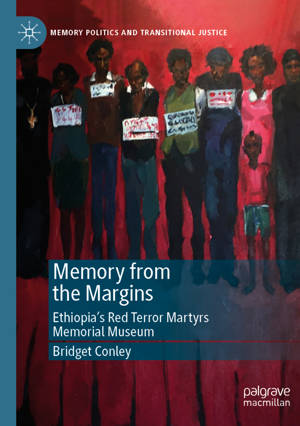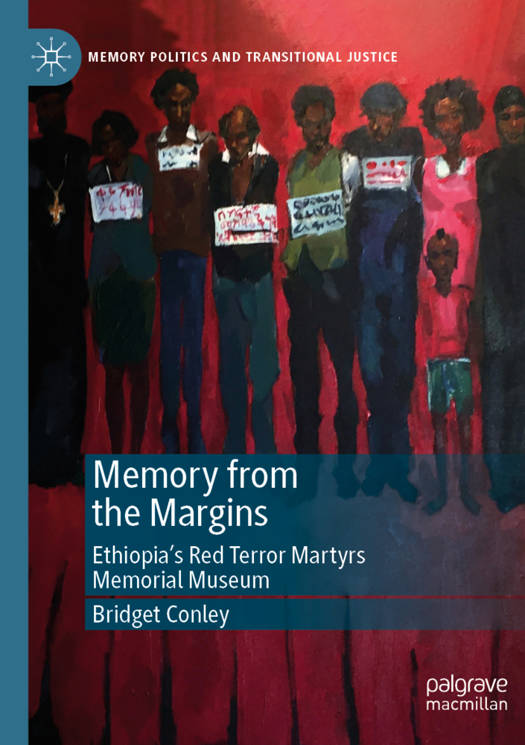
- Afhalen na 1 uur in een winkel met voorraad
- Gratis thuislevering in België vanaf € 30
- Ruim aanbod met 7 miljoen producten
- Afhalen na 1 uur in een winkel met voorraad
- Gratis thuislevering in België vanaf € 30
- Ruim aanbod met 7 miljoen producten
Zoeken
€ 52,95
+ 105 punten
Uitvoering
Omschrijving
This book asks the question: what is the role of memory during a political transition? Drawing on Ethiopian history, transitional justice, and scholarly fields concerned with memory, museums and trauma, the author reveals a complex picture of global, transnational, national and local forces as they converge in the story of the creation and continued life of one modest museum in the Ethiopian capital, Addis Ababa--the Red Terror Martyrs Memorial Museum. It is a study from multiple margins: neither the case of Ethiopia nor memorialization is central to transitional justice discourse, and within Ethiopia, the history of the Red Terror is sidelined in contemporary politics. From these nested margins, traumatic memory emerges as an ambiguous social and political force. The contributions, meaning and limitations of memory emerge at the point of discrete interactions between memory advocates, survivor-docents and visitors. Memory from the margins is revealed as powerful for how it disrupts, not builds, new forms of community.
Specificaties
Betrokkenen
- Auteur(s):
- Uitgeverij:
Inhoud
- Aantal bladzijden:
- 244
- Taal:
- Engels
- Reeks:
Eigenschappen
- Productcode (EAN):
- 9783030134976
- Verschijningsdatum:
- 25/06/2020
- Uitvoering:
- Paperback
- Formaat:
- Trade paperback (VS)
- Afmetingen:
- 148 mm x 210 mm
- Gewicht:
- 312 g

Alleen bij Standaard Boekhandel
+ 105 punten op je klantenkaart van Standaard Boekhandel
Beoordelingen
We publiceren alleen reviews die voldoen aan de voorwaarden voor reviews. Bekijk onze voorwaarden voor reviews.











